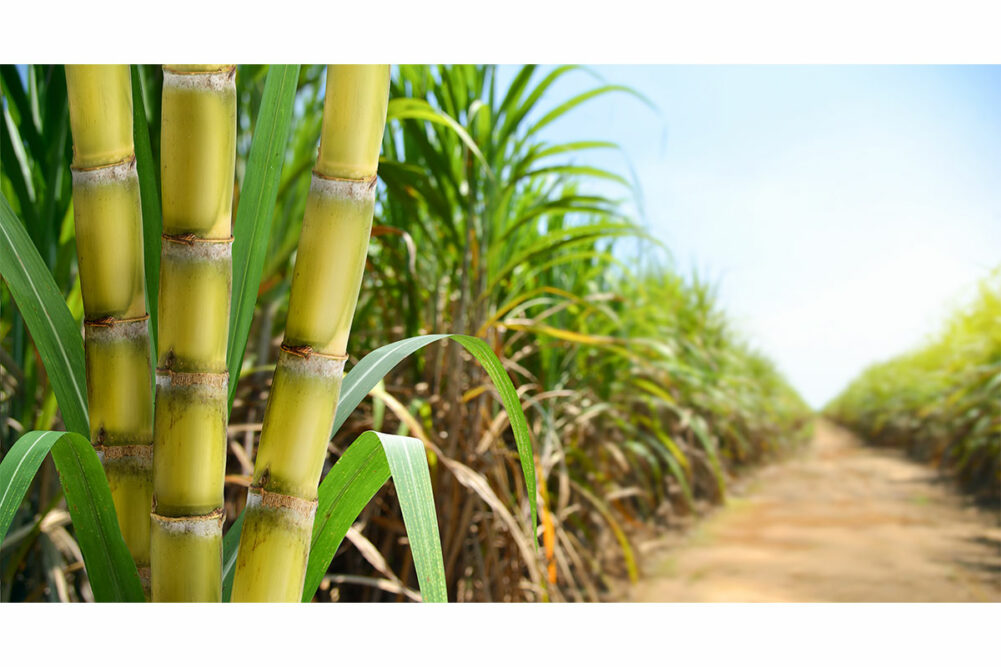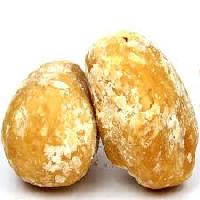Checking Out Sugarcane Products: Versatile Benefits and makes use of
The expedition of sugarcane products reveals an impressive range of applications that expand well beyond the acquainted realm of sweeteners. This versatile crop functions as a structure for a selection of foodstuff, industrial products, and even sustainable energy options. Its by-products offer considerable ecological advantages and health benefits that merit focus. As we examine the diverse contributions of sugarcane, one might ask yourself just how these varied usages can reshape sectors and lifestyles in a rapidly progressing globe.
Summary of Sugarcane
Although sugarcane is frequently linked largely with sugar production, it is a functional crop with an abundant history and numerous applications. Grown in tropical and subtropical regions, sugarcane prospers in warm environments and well-drained soils, contributing substantially to many economies worldwide. This seasonal turf, coming from the genus Saccharum, can expand to elevations of as much as 4 meters, showcasing its durable nature.
Beyond its key role in sugar removal, sugarcane works as a crucial resource for different byproducts. The fibrous residue, referred to as bagasse, is utilized for creating bioenergy and as a basic material for producing paper and eco-friendly products. Furthermore, molasses, a byproduct of sugar refining, is rich in nutrients and typically made use of in animal feed and fermentation processes.
Sugarcane also plays a significant role in standard medications and social practices in several regions, showing its value past business usage (sugarcane product). In addition, with the increasing focus on sustainable agricultural practices, sugarcane is being explored for its potential in biofuels and carbon capture, positioning it as an essential player in the transition towards renewable energy sources. Thus, the flexibility of sugarcane extends much past the boundaries of sugar production
Sugarcane in Food Products


Beyond sweeteners, sugarcane is the resource of energy-rich products such as jaggery and panela, which are typical raw sugars used in several cultures. These items not only sweeten foods yet also impart distinct flavors and dietary benefits.
Sugarcane juice, a revitalizing drink enjoyed in many tropical areas, showcases the plant's versatility. It is frequently eaten fresh or fermented right into alcohols like rum.
Additionally, sugarcane fibers, referred to as bagasse, are in some cases utilized to create food product packaging materials, emphasizing the ecological benefits of sugarcane processing. In general, sugarcane's payment to food items is complex, enhancing flavors, giving nutritional value, and playing a considerable duty in culinary customs around the globe.
Industrial Applications of Sugarcane
In various industries, the adaptability of sugarcane expands far beyond its culinary applications. Sugarcane acts as a crucial basic material in the production of biofuels, specifically ethanol, which is significantly used as a sustainable power resource. This biofuel is acquired via fermentation and purification processes, providing a sustainable option to fossil fuels and adding to a decrease in greenhouse gas exhausts.

Moreover, the sugarcane industry has actually located applications in drugs, where its parts are made use of in the solution of different medicinal products. The natural substances drawn out from sugarcane display antioxidant and antimicrobial buildings, boosting the effectiveness of specific medicines.
Lastly, sugarcane is integral to the production of a variety of chemicals, consisting of glycerol and organic acids, which are important for various commercial procedures. These applications highlight sugarcane's significant role in advertising commercial sustainability and development.
Environmental Advantages of Sugarcane
The diverse applications of sugarcane not only boost commercial processes yet likewise contribute dramatically to ecological Click Here sustainability. As a renewable energy, sugarcane farming plays a crucial function in carbon sequestration, absorbing significant amounts of co2 from the environment. This original site process assists reduce environment modification by reducing greenhouse gas focus.
Furthermore, sugarcane results, such as bagasse and molasses, provide environmentally friendly choices to traditional products. Bagasse, the fibrous deposit after juice extraction, can be used as a biomass fuel, minimizing reliance on nonrenewable fuel sources and promoting cleaner power sources. In addition, molasses can be transformed right into bioethanol, even more supporting lasting power efforts.
Sugarcane farming additionally promotes biodiversity and dirt health. Sustainable farming practices, such as intercropping and crop turning, enhance soil fertility and lower erosion. In addition, the crop's deep root system help in water retention, thereby enhancing and sustaining local environments strength versus drought.
Health Advantages of Sugarcane
Rich in all-natural sugars and essential nutrients, sugarcane provides various health and wellness benefits that make it a valuable addition to a balanced diet. Its high fiber content aids in digestion, promoting digestive tract health and wellness and stopping bowel irregularity. In addition, sugarcane gives anti-oxidants, which battle oxidative stress and anxiety and might lower the threat of persistent conditions.
In addition, sugarcane juice is recognized for its hydrating buildings, making it a superb drink option, particularly in hot climates. The all-natural sugars existing in sugarcane supply a quick energy increase, valuable for professional athletes and those taken part in physical activities. It also contains essential minerals and vitamins, such as vitamin C, magnesium, calcium, and potassium, which add to general health.
Studies suggest that sugarcane might assist control blood sugar level degrees, making it a more suitable sugar for people with diabetic issues when eaten in small amounts. In addition, its anti-inflammatory properties can sustain liver health and help in cleansing.
Conclusion
Finally, sugarcane emerges as a very flexible plant with considerable payments to different fields. Its diverse applications in food, commercial uses, and ecological sustainability underscore its value. The by-products of sugarcane, such as bagasse and molasses, assist in eco-friendly techniques, while its health benefits boost overall wellness. The complex nature of sugarcane not only sustains financial growth however additionally promotes sustainable growth, highlighting its value in contemporary culture.
Although sugarcane is commonly associated mainly with sugar manufacturing, it is a functional plant with a rich history and various applications.Beyond its main duty in sugar removal, sugarcane offers as a vital source for various by-products. Primarily recognized for producing sugar, sugarcane is changed into granulated sugar, brown sugar, and molasses, each serving unique cooking functions.Rich in natural sugars and important nutrients, sugarcane provides various health and wellness advantages that make it a useful addition to a balanced diet plan. The natural sugars present in sugarcane provide a quick power increase, valuable for professional athletes and those involved in physical tasks.